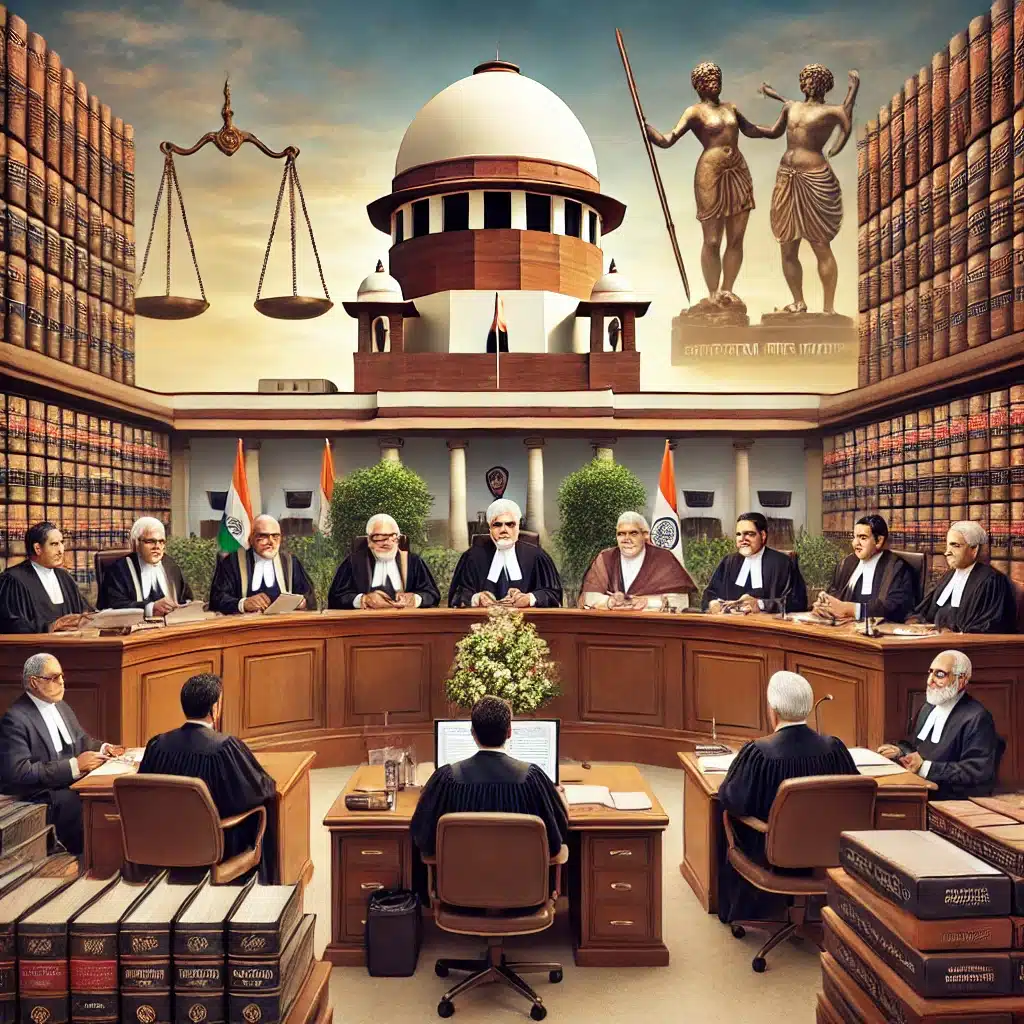Aug 22, 2020 14:58 UTC
| Updated:
Aug 22, 2020 at 14:58 UTC
NEWS: Giving Long Delays in Consumer Complaints: SC asks NCDRC Head to Look into the Complaint
The Court questioned the NCDRC President to look into a complaint concerning a pattern of giving long delays, which the petitioner pointed out would triumph over the objective of the Consumer Protection Act.
The Supreme Court on Friday makes a note down of the lack of public services, including Judges, in many Tribunals while examining a petition underlining the trend of giving long delays in the National Consumer Disputes Redressal Commission (NCDRC).
The Supreme Court has demanded the President of National Consumer Disputes Redressal Commission to see into the complaint that it is granting long delays in consumer complaints.
The Bench comprising of Justices DY Chandrachud & KM Joseph was examining a petition filed under Article 136 of the Constitution, which sought after to underline the issue of long delays given by the NCDRC in cases by it (LM Jewelers v. The Oriental Insurance Company Ltd. and anr). Justices DY Chandrachud & KM Joseph noted thus while settling an SLP filed by LM Jewelers who presented before it that, on 28 February 2020, the National Consumer Disputes Redressal Commission postponed the hearing of a consumer objection to 5 January 2021. It submitted that a delay of nearly a year reverses the purpose of the Consumer Protection Act 1986. Pointing out analogous orders, it further alleged that the NCDRC is approving such orders as a matter of regular course and that a pattern has surfaced of granting lengthy postponements in consumer complaints.
In the instant case, the petitioner’s complaint before the NCDRC was postponed for January 2021 when the NCDRC got it up for trial in February this year. This almost one-year-long delay, the petitioner asserted, would defeat the objective of the Consumer Protection Act.
This was not an insular case. There appeared to be a tendency of granting such long delays in the NCDRC, the petitioner claimed and presented a collection of other similar instances.
Addressing these arguments, the Court said that several tribunals agonize from a lack of adequate infrastructure, including judges, to release adjudicatory functions. Therefore the Ruling Judges allocate dates on the base of a truthful assessment of when cases can be likely of when they are registered for final disposal.
This Court is mindful of the fact that numerous tribunals suffer from a lack of sufficient infrastructure involving judges to dismiss adjudicatory functions. Hence, the Presiding Judges give dates based on a reasonable assessment of when cases can be disposed of when they are registered for final disposal.- Supreme Court
However, since a complaint of this nature has been made before as well before the Supreme Court, the Bench pronounced that it needs to be seemed into by the Tribunal on its governmental side. In the interest of appropriateness, the Court has called for the President of the NCDRC to look into the issue.
The Court further observed that since a complaint of the above nature has been produced before this Court, we believe it proper and suitable to request the President of the NCDRC to peek into the complaint and to make an influential decision on the governmental side. This is an issue on which, it is only appropriate and appropriate that this Court should accede to the administrative power of the President of the NCDRC to guarantee that the distribution of work and disposal of cases takes the position in a simplified manner.
The Court left it wide open to the petitioner’s counsel to bring in this trend and evolving facts to the announcement of the President of the NCDRC for proper steps and action in this respect to be taken.
The petitioner was exemplified/represented by Advocate Nikhil Jain.
The Bench then instructed the petition to take these questions to the notice of President of the NCDRC.
































